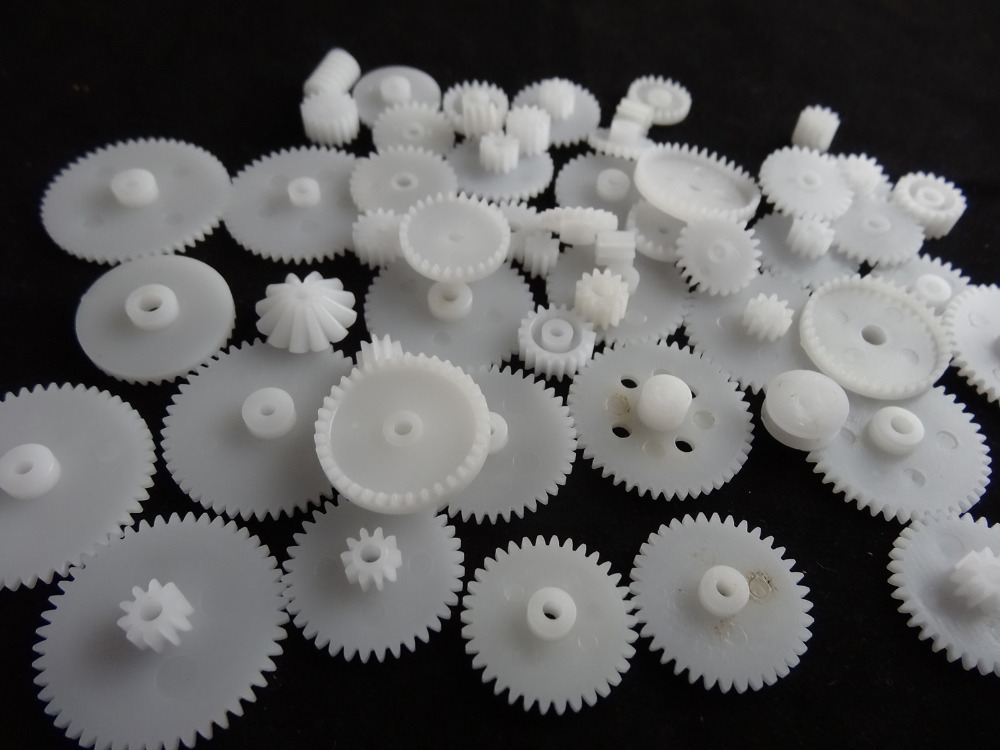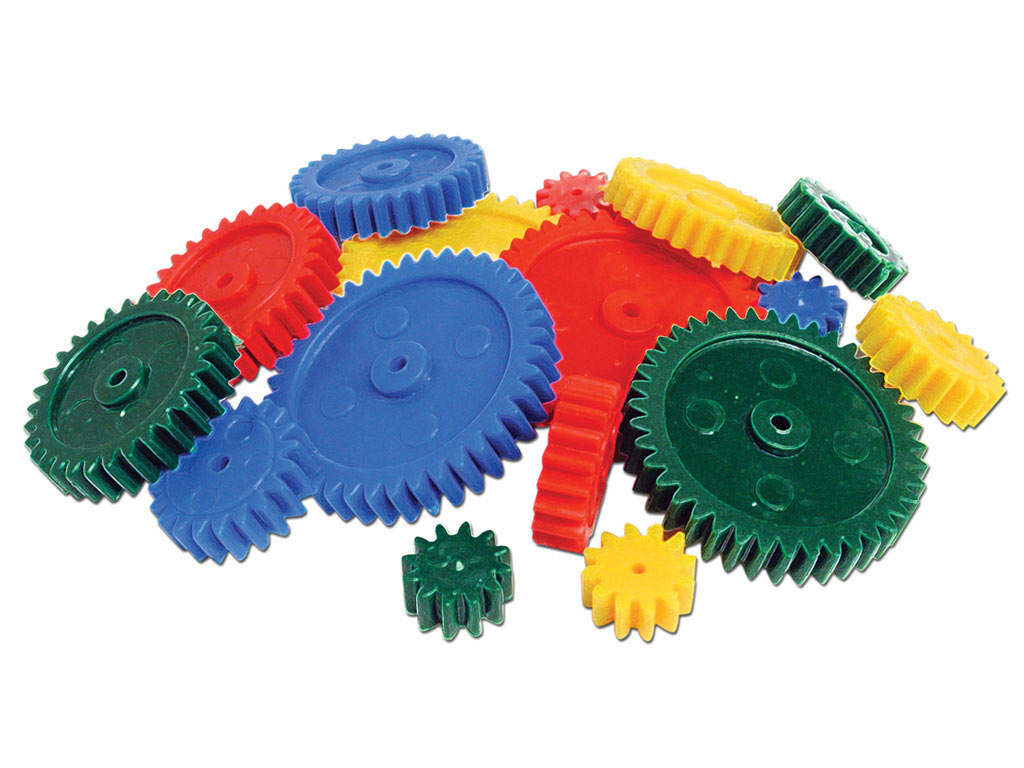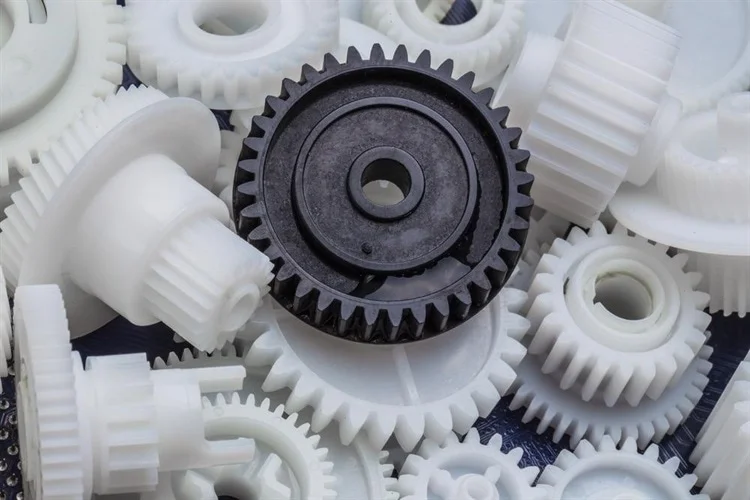Product Description
Product Description
Material Option:
1.Bearing Material:carbon steel,chrome,stainless steel,iron,copper,ect.
2.Roller Material:POM,nylon,PU, PA66,glass fiber,etc
3.Sealing from:2RS ZZ ,Z ,RS,OPEN (metal or nylon)
4.Colour: natural color, green, orange, blue, grey, milky white, porcelain white etc.
Application:
This kind of roller is suitable for wardrobes,big cabins,sliding doors and windows,etc.
Product Feature:
1.Low coefficient of product,reduce tire damage
2.Running smoothly and durable.
3.Poduct size accurate
4.Bearing the adoption of advanced technology production
Other Products
MAIN PRODUCTS
1, Miniature Bearings: like 608, 609, 625, 626, 693, 695, etc;
2, Deep Groove Ball Bearings: like 6000, 6200, 6300, 6800, 6900, 16000 Series;
3, Non-Standard Bearings: U grooved bearings, V grooved bearings, double grooved bearings, bearing rollers with or without plastic injection.
4, Pillow Block Bearing: UCP/ UCF/ UCFL;
5,Tapered Roller Bearings
Why choose us
PROFESSIONAL MANUFACTURER
20 years’ bearings production experience in own factory, with competitive price advantage.
SAMPLES
1.Samples quantity: 1-10 pcs are available.
2.Free samples: It depends on the model NO., material and quantity. Some of the bearings samples need client to pay
samples charge and shipping cost.
CUSTOMIZED
The customized LOGO or drawing is acceptable for us.
MOQ
1.MOQ: 10 pcs mix different standard bearings.
2.MOQ: 2000 pcs customized your brand bearings.
OEM POLICY
1.We can printing our brand (logo,artwork) on the shield or make your own brand on the shield.
2.We can custom your packaging according to your design
Company Profile
ZheJiang CHINAMFG Bearing Group is a professional bearing manufacturer and exporter in China for 20 years’ experience. Our company is specialized in producing Deep Groove Ball Bearings, Tapered Roller Bearings, Spherical Roller Bearings and Special Bearings in accordance with Customers’ designs.Our bearings has been widely applied into agricultural equipments, home appliances, power equipments, machine tools, automotives and engineering machinery, etc.
The company has 20 sets of automatic production lines, automatic assembly lines with the annual production capacity of 60 millions sets. Perfect measuring and testing measures & instruments has been adopted by the company to ensure excellent quality. The company has been assessed & registered ISO9001: 2000 quality certificate. It is developing toward series of products with high grade, high precision and advanced technologies to create a global OEM and after-sale service system.
The company has strong stable relations with many CHINAMFG users, the products have been found a steady market in North & South America, South-east Asia, Europe, Middle east & some other countries & districts.
ZheJiang Naimei Bearing will adhere a long term principle “Quality first, Credit first & Service first” to welcome customers both at home & abroad.
Packaging & Shipping
Exhibition
FAQ
1.Q:Do you know the Detail Size for the Bearing ?
A:Of Couse.We have a database for all kinds of Bearing.
2.Q: This Size of Bearing is common parts?
A:These are standard size bearing.
3.Q:Are you a factory or a Trade Company for Bearing ?
A:We are the factory.
4.Q:How many the MOQ of the Bearing?
A:1pcs accept for the standard size.
If you purchase the Non-Standard for BearingThe MOQ is 50pcs.
5.Q:Could you supply free sample of bearing for our test?
A:Yes,Free sample can be offer.
6.Q:Could you accept OEM and customize?
A:Yes, OEM is accepted and we can customize for you according to sample or drawing.
7.Q:Do you have stocks?
A:Yes, most of the bearings showing on alibaba are in stock,especialy big bearings.
/* January 22, 2571 19:08:37 */!function(){function s(e,r){var a,o={};try{e&&e.split(“,”).forEach(function(e,t){e&&(a=e.match(/(.*?):(.*)$/))&&1
| Contact Angle: | 45° |
|---|---|
| Aligning: | Non-Aligning Bearing |
| Separated: | Unseparated |
| Rows Number: | Single |
| Load Direction: | Thrust Bearing |
| Material: | Bearing Steel |
| Customization: |
Available
|
|
|---|

What maintenance practices are recommended for plastic wheels to ensure optimal functionality?
Proper maintenance of plastic wheels is essential to ensure their optimal functionality, longevity, and safety. Here are recommended maintenance practices for plastic wheels:
- 1. Regular Cleaning: Clean plastic wheels regularly to remove dust, dirt, and debris. Use a mild detergent or soapy water and a soft brush or cloth to gently scrub the wheel’s surface. Rinse thoroughly and allow the wheels to dry completely.
- 2. Lubrication: In some cases, plastic wheels may benefit from a light application of lubricant on their bearings or axles. Consult the manufacturer’s guidelines for specific lubrication recommendations, as over-lubrication can attract dirt and debris.
- 3. Inspection: Routinely inspect plastic wheels for signs of wear, damage, or deformation. Look for cracks, chips, or irregularities in the wheel’s surface. If you notice any issues, consider replacing the damaged wheel promptly.
- 4. Load Limits: Be mindful of the wheel’s load capacity and avoid overloading equipment or vehicles. Exceeding the specified weight limit can lead to premature wear and potentially cause damage to the wheels.
- 5. Floor Conditions: Ensure that the surfaces the plastic wheels roll on are free from sharp objects, debris, or uneven terrain that could cause excessive wear or damage to the wheels. Smooth and clean floors contribute to longer wheel life.
- 6. Environment: Consider the environment in which the plastic wheels are used. Some chemicals or abrasive substances may accelerate wear. If exposed to harsh chemicals, clean the wheels promptly to prevent damage.
- 7. Temperature: Be aware of temperature extremes. Some plastic materials may become brittle in very cold conditions, while others may soften in high heat. Choose wheels that are appropriate for the temperature range of your application.
- 8. Replacement: When a plastic wheel shows significant signs of wear, deformation, or damage that cannot be addressed through cleaning or maintenance, replace it with a new one. Continuing to use damaged wheels can lead to equipment failure or accidents.
- 9. Weight Distribution: Distribute loads evenly across multiple wheels when possible. Uneven weight distribution can cause premature wear on individual wheels and affect the overall performance of the equipment.
- 10. Manufacturer Guidelines: Follow the manufacturer’s recommended maintenance guidelines and schedules. Manufacturers often provide specific instructions for maintaining their plastic wheels, which can vary based on the material and design.
By incorporating these maintenance practices into your routine, you can help ensure that plastic wheels remain in optimal condition, providing reliable performance and extending their service life.

Can you provide insights into the importance of proper installation and alignment of plastic wheels?
The proper installation and alignment of plastic wheels are crucial for ensuring optimal performance, safety, and longevity in various applications. Here are key insights into their importance:
- 1. Load Distribution: Correct installation ensures that the weight load is evenly distributed across all wheels. Proper weight distribution prevents overloading of individual wheels, reducing the risk of premature wear and potential wheel failure.
- 2. Reduced Friction: Properly aligned wheels minimize friction and rolling resistance. Misalignment can result in increased friction, requiring more effort to move equipment or objects. This can lead to reduced efficiency and increased wear on the wheels.
- 3. Improved Maneuverability: Properly aligned wheels provide better maneuverability and control. Whether in industrial settings or everyday use, aligned wheels allow for smooth and precise movement, enhancing productivity and safety.
- 4. Floor Protection: Aligning wheels correctly helps protect flooring surfaces. Misaligned or unevenly loaded wheels can cause floor damage, such as scuffs, scratches, or dents, which can be costly to repair.
- 5. Enhanced Stability: Proper alignment contributes to the stability of equipment and vehicles. Misaligned wheels can result in wobbling or instability, posing safety hazards and potentially causing accidents or damage.
- 6. Longevity: Proper installation and alignment extend the service life of plastic wheels. Misalignment can lead to uneven wear, reducing the lifespan of the wheels and necessitating premature replacements.
- 7. Noise Reduction: Misaligned wheels can generate noise due to uneven rolling. Proper alignment minimizes noise pollution, making plastic wheels suitable for applications where quiet operation is essential.
- 8. Safety: Ensuring that wheels are correctly installed and aligned is crucial for safety. Misalignment or improper installation can lead to accidents, equipment failure, and injuries, especially in industrial and automotive settings.
- 9. Maintenance Efficiency: Properly aligned wheels are easier to maintain. Routine inspections and maintenance tasks are more straightforward when wheels are aligned, reducing downtime and maintenance costs.
- 10. Performance Consistency: Correct alignment results in consistent performance. This is essential for applications where precision and repeatability are critical, such as conveyor systems or automated machinery.
In summary, proper installation and alignment of plastic wheels are fundamental to their functionality and performance. They contribute to load distribution, reduced friction, improved maneuverability, floor protection, stability, longevity, noise reduction, safety, maintenance efficiency, and performance consistency. Neglecting alignment can lead to various issues that impact efficiency, safety, and the overall quality of operations.

In what scenarios are plastic wheels commonly used, and how do they compare to metal wheels?
Plastic wheels find common usage in various scenarios due to their unique characteristics. Here are scenarios where plastic wheels are commonly used, along with a comparison to metal wheels:
- 1. Indoor Material Handling: Plastic wheels are often preferred for indoor material handling equipment, such as carts and dollies. They offer quiet and smooth operation, making them suitable for use in warehouses and factories. Compared to metal wheels, plastic wheels are quieter and less likely to damage indoor flooring.
- 2. Office Furniture: Plastic wheels are commonly used on office chairs and furniture. They provide ease of movement, floor protection, and a quiet glide. In contrast, metal wheels can be noisy and may damage flooring surfaces.
- 3. Light-Duty Automotive Applications: In automotive applications, plastic wheels are used for lightweight components like automotive jacks and tool carts. They offer a balance of durability, weight savings, and cost-effectiveness. Metal wheels, on the other hand, are used for heavy-duty automotive applications.
- 4. Retail and Shopping Carts: Plastic wheels are standard in retail and shopping cart applications. They provide a smooth and quiet shopping experience and reduce the effort required to push carts. Metal wheels are less common in this scenario due to their noise and potential to damage store floors.
- 5. Medical Equipment: Plastic wheels are used in medical equipment, where cleanliness, non-corrosiveness, and ease of cleaning are essential. Metal wheels may not be suitable due to corrosion concerns and potential difficulty in sterilization.
- 6. Aerospace Ground Support: In the aerospace industry, plastic wheels are used in ground support equipment, maintenance carts, and aircraft cabin service carts. Their lightweight construction is advantageous for handling equipment around aircraft. Metal wheels are used in some heavy-duty ground support applications.
- 7. Food and Beverage Handling: Plastic wheels are used in food service equipment, as they resist moisture and corrosion. They are ideal for food carts, serving trolleys, and food processing machinery. Metal wheels may not be suitable in food handling due to corrosion risks.
- 8. Recreational Vehicles (RVs) and Trailers: Plastic wheels are used in RV leveling jacks and trailer jacks. They provide stability and ease of adjustment for leveling RVs and trailers when parked. Metal wheels are not common in these applications.
- 9. DIY and Home Improvement: Plastic wheels are used in DIY projects and home improvement applications, such as hand trucks and utility carts. They offer ease of movement and floor protection. Metal wheels are less favored in these scenarios due to potential noise and floor damage.
When comparing plastic wheels to metal wheels, the choice depends on factors like load capacity, durability, noise level, and the specific application’s requirements. Plastic wheels excel in scenarios where lightweight, quiet operation, and floor protection are essential, while metal wheels are preferred for heavy-duty applications with high load requirements.


editor by Dream 2024-05-03